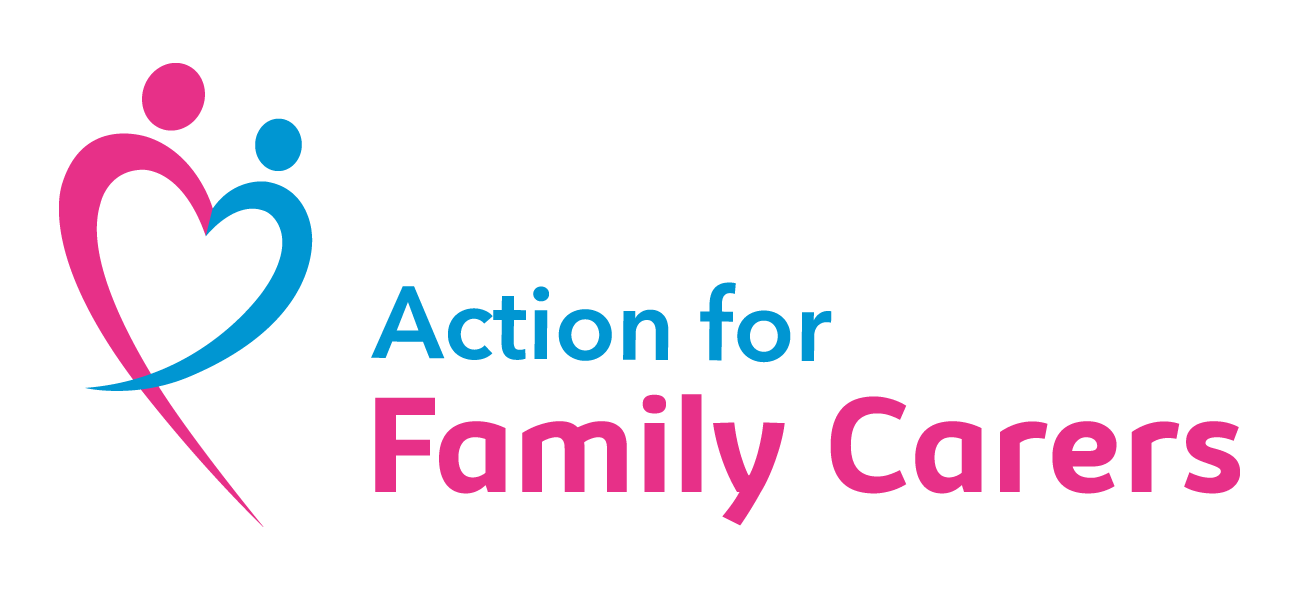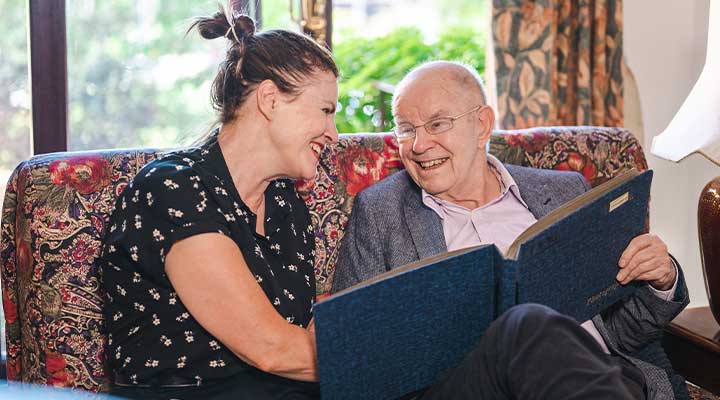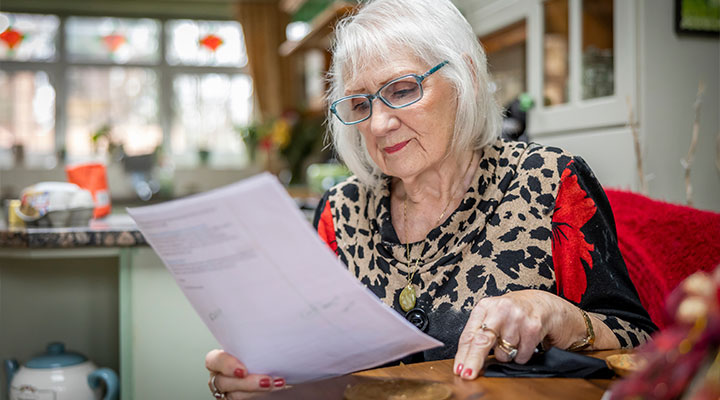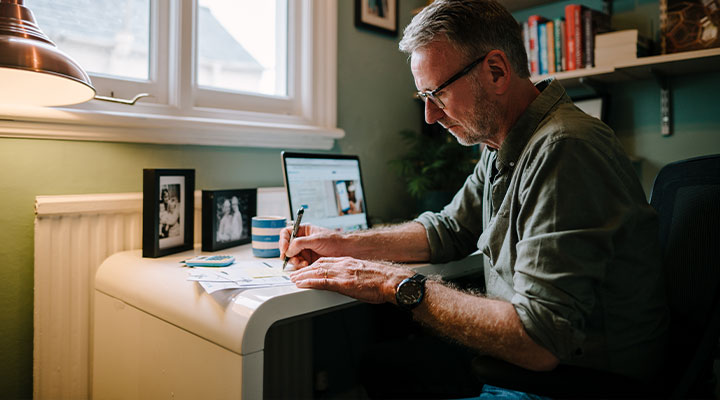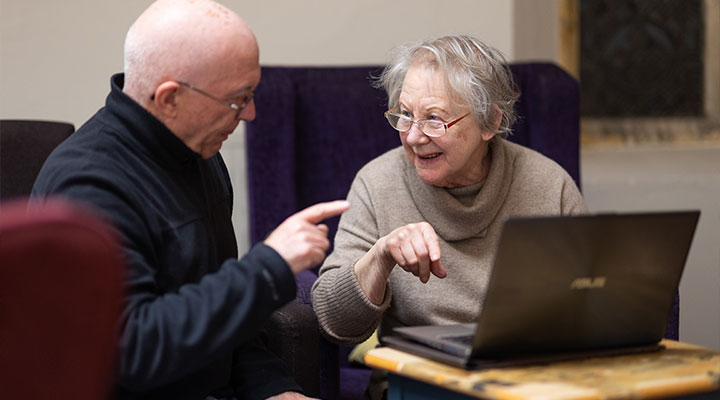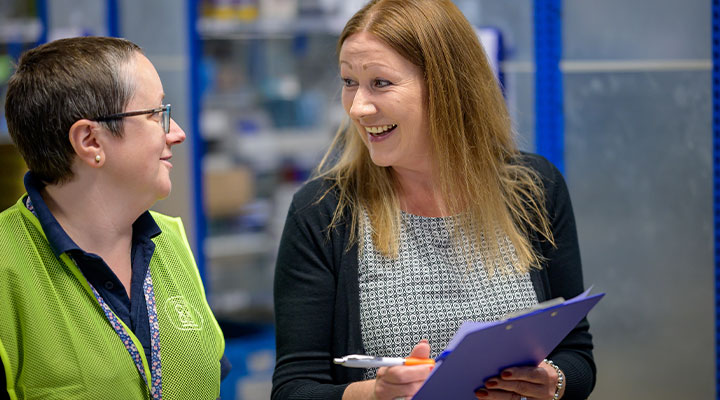If you look after someone it can be helpful to create a plan should you be unable to care. Read our tips below.
Planning for emergencies
It can be reassuring to know as a Carer that if an emergency arises, for example, if you fall ill yourself, there will be someone to help should you need it. It is useful to create an emergency plan for you and those you look after, which can give you reassurance should the need arise in the future. It will help anyone who will be providing ongoing care for the person you look after if you are unable to do it for yourself. You can discuss this with the person you look after if you are able to.
You would need to consider and include:
- Details of the name, address and contact details of the person you look
- Who you and the person you look after would like to be contacted in an emergency, for example, friends, family or professionals
- Details of any medication the person you look after is taking and where it is
- Details of any ongoing treatment they need
- Details of any allergies
- Details of their GP and pharmacy
- Any care and support services they receive
- Any behavioural issues that others need to be aware of
- Any mobility challenges and mobility aids such as wheelchair or hoist
- How to access the property such as is there a key safe? Or does someone have a spare key
- Any key information about the person’s home, for example how to turn the central heating on
If possible, talk about the plan with the person you care for and also with those you would like to be named as emergency contacts. Give people a copy of the plan or let them know where they can find it and ensure it is kept up to date. This could help prevent a stressful situation further down the line and lift a weight from your shoulders.
You can find a useful template on Mobilise’s website.
Carers Emergency Care Plan
If you are worried about what will happen if you are suddenly unable to continue your caring role, ask Essex County Council to complete an Emergency Care plan when you have a Carers Assessment. This will help social care if they have to arrange care in the event there are no other family or friends able to help. Find more information here.
Lions Clubs Message in a Bottle
Lions Clubs Message in a Bottle is a simple but effective way for people to keep their basic personal and medical details where they can be found in an emergency on a standard form and in a common location – the fridge.
Paramedics, police, fire-fighters and social services know to look in the fridge when they see the Message in a Bottle stickers. The initiative provides peace of mind that prompt and appropriate medical assistance can be provided, and next of kin / emergency contacts can be notified.
The kit includes a form, where personal and medical information is detailed. This is placed in the bottle (with its distinctive green branding), this is stored in the fridge. Two stickers are provided: one for the fridge door and the other for the inside of the front door of the premises.
Members of the public and other organisations can obtain a Message in a Bottle kit by contacting their local Lions club or via their website: lionsmessageinabottle.co.uk
Priority Services Register
The Priority Services Register (PSR) is free to join. It helps utility companies, including energy suppliers, electricity, gas and water networks look after customers who have extra communication, access or safety needs. It helps tailor services to support households who need extra help with everyday energy matters like bills, and also in the unlikely event of a power cut, gas or water supply interruption.
Find out more about joining your energy supplier or network operator’s Priority Services Register, and the extra help you’ll get on the ofgem website: Join your supplier’s Priority Services Register | Ofgem
Herbert Protocol
Caring for vulnerable people, including those with dementia or Alzheimer’s, can be challenging. There’s a risk they can at some point start to ‘walk about’. This may only be into the garden or street for a short time, but some people can get lost and go missing. So planning ahead to keep them safe is really important.
What is the Herbert Protocol?
The Herbert Protocol is a form that carers, family or friends of a vulnerable person, or the person themselves can fill in.
It contains a list of information to help the police if the person goes missing, including:
- medication required
- mobile numbers
- places previously located
- a recent photograph
You’ll find all the details and the form on the Essex Police website: Herbert Protocol | Essex Police
In Case of Emergency (ICE)
This is a campaign started by a paramedic to help emergency staff quickly find who to contact. You can store the word ICE in your mobile phone address book with the number of the person you would like people to contact, for example your back-up carer. If something happens to you, ambulance, police or hospital staff will look for the word ICE in your phone’s address book and call that person. If your phone has a lock with a password, you can put ICE information on your phone’s lock screen. Your phone instruction manual will have information about how to do this.
